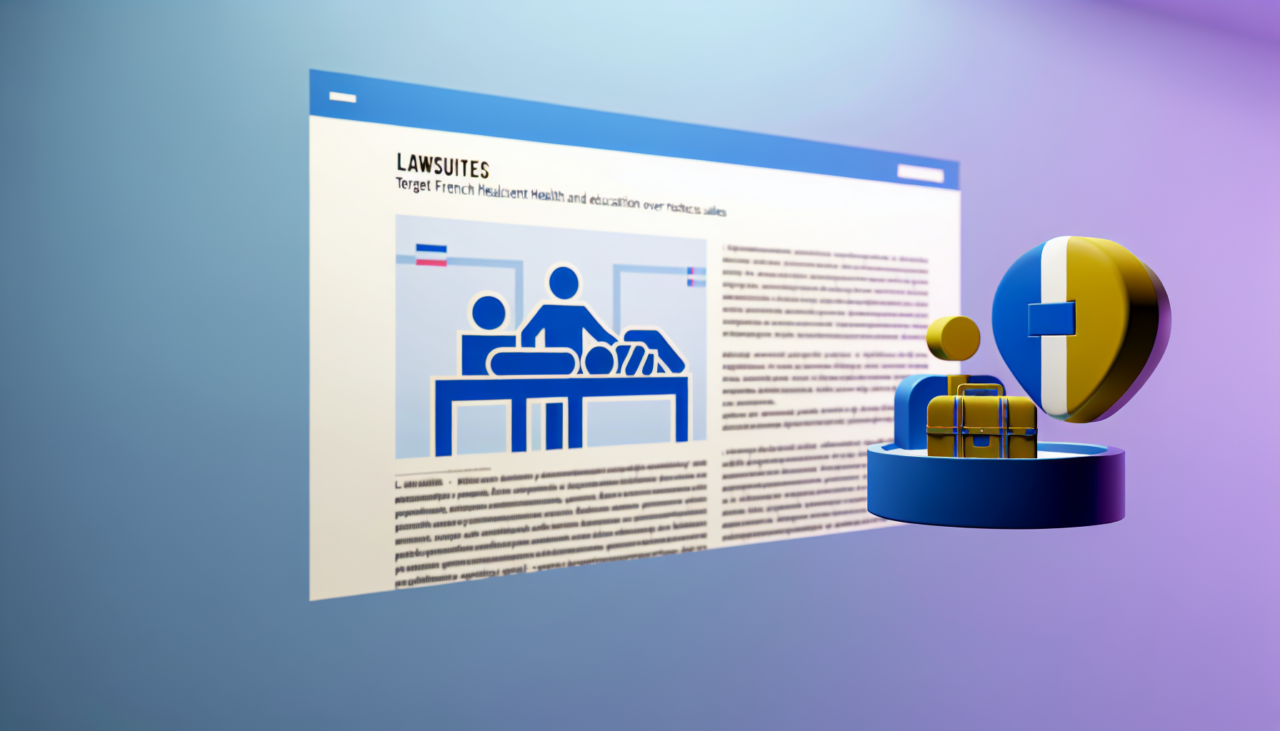According to reports from Le Monde and France Inter, a lawsuit has been filed with the Court of Justice of the Republic (CJR) to address what is being described as an “epidemic of suicides in public hospitals.” The complaint accuses Yannick Neuder, the Delegate Minister for Health, Catherine Vautrin, the Minister of Health and Labor, and Élisabeth Borne, the Minister of National Education, of moral harassment and involuntary manslaughter.
The lawsuit, filed by nineteen widows and widowers of healthcare workers and doctors, is represented by lawyer Christelle Mazza. Mazza is also the attorney for the widow of Professor Jean-Louis Mégnien, who tragically took his own life at his workplace, the Georges Pompidou European Hospital, in 2015. This legal action is unprecedented in highlighting the systemic issues within hospitals, as reported by Le Monde.
The Role of the Court of Justice of the Republic
The CJR is the only court authorized to prosecute and judge government members for offenses committed in the exercise of their duties. The complaint emphasizes that the hospital system has been in a major crisis for many years, exacerbated since around 2012-2013 by the continuous implementation of neoliberal public policies. Despite numerous alarming signals, including suicides, these policies have not been corrected.
Common Ground Among Plaintiffs
The plaintiffs, who do not know each other, share the common experience of losing a spouse to suicide due to working conditions in public health facilities. According to Le Monde, the complaint spans all medical professions (nurses, department heads, directors), specialties (pediatrics, nephrology, cardiology, psychiatry, gynecology), and regions across France.
Before approaching the CJR, Mazza sent a letter on March 5, 2024, to the Minister of Health and the health advisor at the Élysée, Katia Julienne. The letter highlighted “at least seven situations with a very high risk of decompensation” and “unacceptable threats to patient safety” as well as “to the conduct of French hospital-university research.”
Legal Precedents and Institutional Harassment
Mazza’s argument draws on the France Telecom case law regarding the criminal liability of corporate leaders, accusing the ministers of “institutional moral harassment.” She stated, “The France Telecom jurisprudence should apply to ministers just as it does to any business leader, in the name of equality before the law, especially when there are such violations of personal integrity.”
For context, two former executives of France Telecom (now Orange) were convicted of institutional moral harassment by the Paris Court of Appeal in September 2022.
Additional Legal Actions
Mazza has also filed a lawsuit on behalf of several university hospital practitioners (PUPH) against the Paris Public Assistance Hospitals (AP-HP) and the University of Paris Cité for “institutional harassment.” According to Le Monde, the AP-HP claims it “cannot respond precisely, not knowing the names of the professionals involved.”
In response to these lawsuits, Professor Bernard Granger (AP-HP) stated that “the issue of institutional moral harassment in public hospitals was already raised following the alerts after Jean-Louis Mégnien’s suicide, for which the AP-HP was convicted in the first instance in both criminal and administrative courts. They have appealed.”
Current Social Climate in Hospitals
Speaking to Medscape, Professor Granger mentioned that the lawsuit against the AP-HP involves seven PUPH, with the possibility of more joining. He noted that one of the PUPH involved had previously taken legal action four years ago without success. This collective lawsuit aims to carry more weight and have a better chance of success.
Professor Granger expressed concern over the deteriorating social conditions within the AP-HP: “I hope this lawsuit will bring about change. I hope it will be beneficial. The current situation, marked by mistreatment, harassment, disguised sanctions, and reprisals, has never been more concerning.”
He also highlighted the breakdown in social dialogue: “There is a lack of listening within the AP-HP and a sense of administrative omnipotence. All dissenting voices are being silenced.”
Stay updated with Medscape newsletters: select your preferences.
Follow Medscape French edition on Bluesky.
Source: https://francais.medscape.com/voirarticle/3612785

